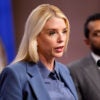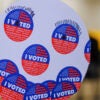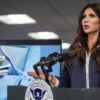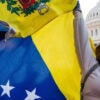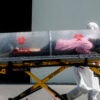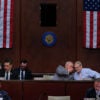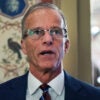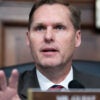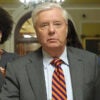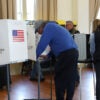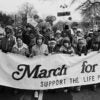“To those who cling to power through corruption and deceit and the silencing of dissent, know that you are on the wrong side of history, but that we will extend a hand if you are willing to unclench your fist.”
These stirring words came in President Barack Obama’s first inaugural address. It’s taken seven years to make clear they were utterly meaningless.
The right side of history is whatever side the president is on, and America’s enemies don’t need to stop punching dissidents with clenched fists to get a hug.
Exhibit A to prove this is, again, the little state of Cuba, 90 miles from U.S. shores.
Antonio Rodiles, who is the leader of the Cuban democratic movement, was re-arrested for “disorderly conduct” on Sunday for speaking his mind in the open.
Rodiles was just here last week in Washington, D.C. (he was interviewed by The Daily Signal), and had high-profile meetings with members of Congress and at the State Department.
Meanwhile, the country’s dictator, Raúl Castro, donned this military uniform for an unannounced TV appearance last Friday to denounce the United States and make more demands.
Yes, demands.
Rodiles, and other pro-democracy activists, have said all along that Obama’s decision to grant the Castro regime recognition a year ago would prove to be a costly mistake for Cubans.
By extracting no conditions in exchange for relations, Obama has allowed Castro to act with impunity with his opponents.
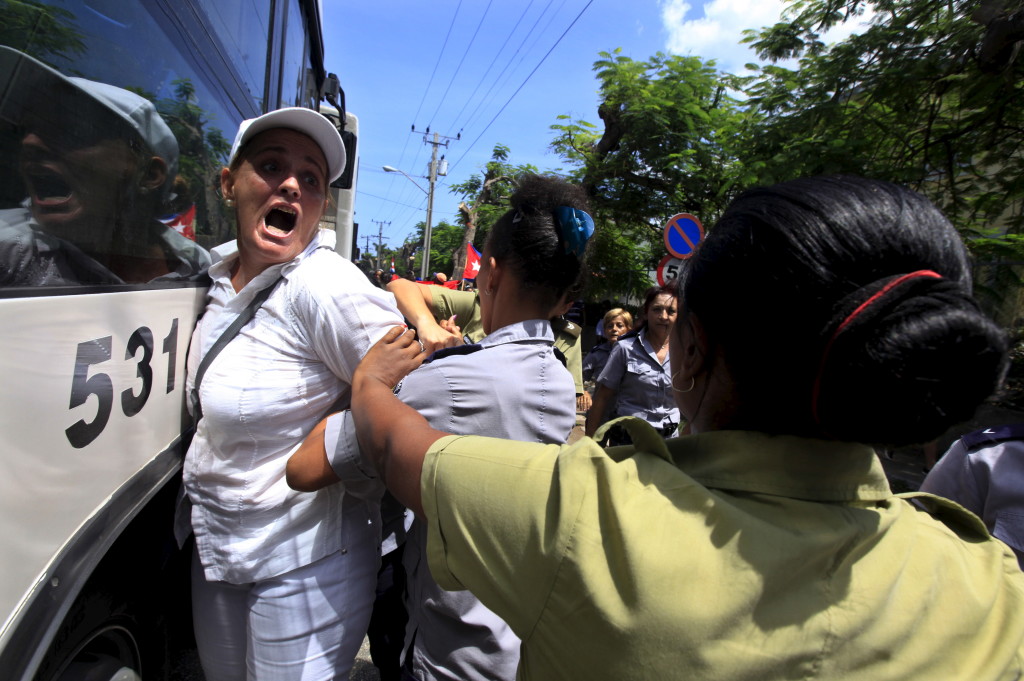
Cuban security personnel detain a member of the Ladies in White group after their weekly anti-government protest march, in Havana September 13, 2015. (Photo: Enrique De La Osa/Reuters/Newscom)
He hasn’t been wrong, as Rodiles himself can physically attest, as he was beaten up during an arrest back in July. According to dissidents, political detentions are at a documented total of 7,686 through the first 11 months this year, set to break the worst year on record: 2014, with 8,899 arrests.
It’s a message Rodiles took to Congress last week in meetings with Reps. Alex Mooney, R-W.Va.; Ileana Ros-Lehtinen, R-Fla.; Mario Diaz-Balart, R-Fla.; and Carlos Curbelo, R-Fla. (who all are of Cuban origin), as well as in the State Department, where he met, among others, with Assistant Secretary of State Roberta Jacobson.
These meetings took place on Dec. 17, which was of symbolic importance, as it was the one-year anniversary of Obama’s announcement that the United States would stop shunning the Castros and would instead extend the hand of friendship.
The meetings earned Rodiles more wrath from Castro’s regime. Back in Havana on Sunday, he attempted to march with a dissident group of about 60 after Mass, when he and the others were rounded up and sent to prison.
“We were met with the same repression and the same violence,” he told me on the phone from Havana after spending more than five hours in prison. The difference this time is that he was fined and charged with “desorden público.” When they have done this in years past, it has meant that the regime is about to take away his passport.
“It had everything to do with the meetings I had in Washington,” he told me. “They were very upset.” The dissidents suffered other depredations.
One of them, Lourdes Esquivel, a woman in her 50s, was kept for hours in a jail with a naked man, Rodiles told me. The thugs who arrested them also took their money away. When the leader of the group, Berta Soler, returned to prison on Monday to get her money back, authorities re-arrested her. She was still behind bars Monday at noon.
“Things are going to get even worse,” he told me at the end of our talk.
Things are going to get even worse.
And on Friday, Castro took to the airwaves again, this time wearing the uniform of general, to make demands: “During this year we have not advanced to resolve the issues that are essential if Cuba is to have normal relations with the United States.”
Among the demands are ending U.S. broadcasts to Cuba (the only break in the Communist news monopoly in Cuba) ending the trade embargo, and the handover of the U.S. military base at Guantánamo Bay to the Castros.
In an interview with Yahoo News, Obama last week eerily left open the possibility that this might happen. “There’s no doubt they’d love to have Guantánamo back,” Obama said. “And I suspect that will be a long, diplomatic discussion that will outlast my administration.”
Then again, he also seriously misjudged Castro, saying, “I do see in him a big streak of pragmatism. In that sense, I don’t think he is an ideologue.”
Tell that to Rodiles, Soler, and Esquivel.
